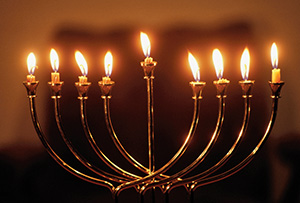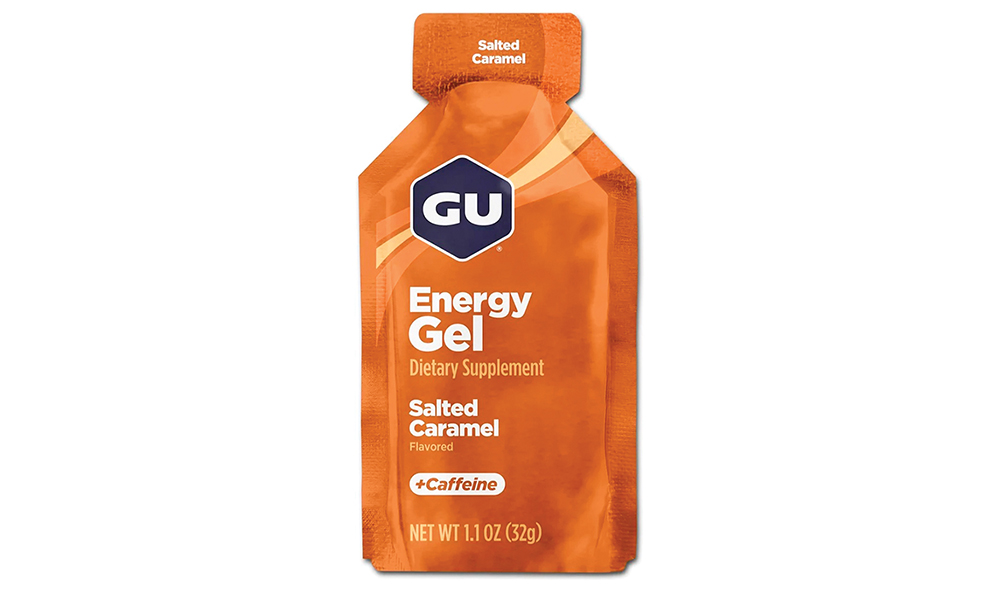
I recently returned home from a trip to Israel with my husband—a much-needed vacation and our first official trip together since we were married. We were so thrilled to visit the country we both consider our home, and to do so just in time for sufganiyot (doughnuts in honor of Chanukah) as well as to see friends and enjoy some time away from the hustle and bustle.
While we were there a friend of ours who had been traveling in Israel joined us. Rachel is not Jewish and we took it upon ourselves to show her the sites and teach her about Israel’s Jewish heritage. We were at the Israel museum with her when we came upon a display of various Chanukiot (lamps) from around the world, used to celebrate on Chanukah. Rachel asked us about the holiday and the significance of the Chanukiah, often called a menorah, and the miracles being celebrated.
As we explained the holiday—the war, the oil—she commented on the magnificence and gravity of the war and on our overcoming our oppressors through the help of God. We processed how the menorah has taken on the symbolism of the holiday but that there is a richness about the story and what else took place.
This conversation had me thinking about miracles, oppression and symbolism—all in the context of recovery. Whether an individual is first coming to realize that there is a problem or is already well under way in the recovery process, it often feels as if a miracle would be required for there to be change. Those moments can last for minutes or years of wondering about whether any change will be possible, let alone the life-changing experience of recovery. And in those moments, the prospect of “being able to do it” can feel daunting—which is an understatement. These moments can be filled with anxiety, fear, doubt, hopelessness and overall a lack of security over what the future has in store. I think about the Jews living under the oppression of the Greeks and while one might argue that we cannot compare the two, sometimes I think comparing the experiences of our nation can allow individuals to feel less lonely and isolated and instead feel connected and unified.
I think of our history, a history that includes so many instances of feeling fearful and hopeless. But with this comes our continued efforts of doing all that we can, turning toward God and leaning on one another for support.
So as I approach Chanukah and reflect on the triumph of our nation, of the gratitude toward God, of all that we have overcome, I also think about those currently feeling that hopelessness, wishing for some type of miracle, hoping against hope that things will be different. I think it is vital that you know: You don’t need a miracle, you only need yourself.
While this may sound cliche or idealistic, I cannot stress enough that in this case, within your recovery process, you will be the one to create shifts and changes. Recovery is not about miracles or grand happenings. It is about the small things, the tiny steps forward and acceptance of the steps backward. It is about the fear and the exploration of thoughts and feelings, it’s about the commitment toward the process and toward yourself—toward your future and a life beyond the suffering. It is about using supports of all kinds and giving yourself rest and compassion while also challenging the maladaptive tendencies and negative self-talk.
Recovery is not about a miracle. But it is about faith and appreciation and gratitude. Primarily of yourself and the empowerment that this is within your reach. And it is about reflection and relationships and integrating values to guide the process. As Chanukah comes and goes let us use this knowledge, these flames of understanding to propel one another and reflect on our history as well as inspire the futures of one another.
By Temimah Zucker, LMSW
Temimah Zucker, LMSW is the lead therapist at Monte Nido Manhattan and is also in private practicing specializing in mental health issues and eating disorders. She speaks nationally on these subjects runs groups for Jewish women in recovery as well as other groups through her private practice. For inquiries, she can be reached at tzuckerSW@gmail.com or www.temimah.com











